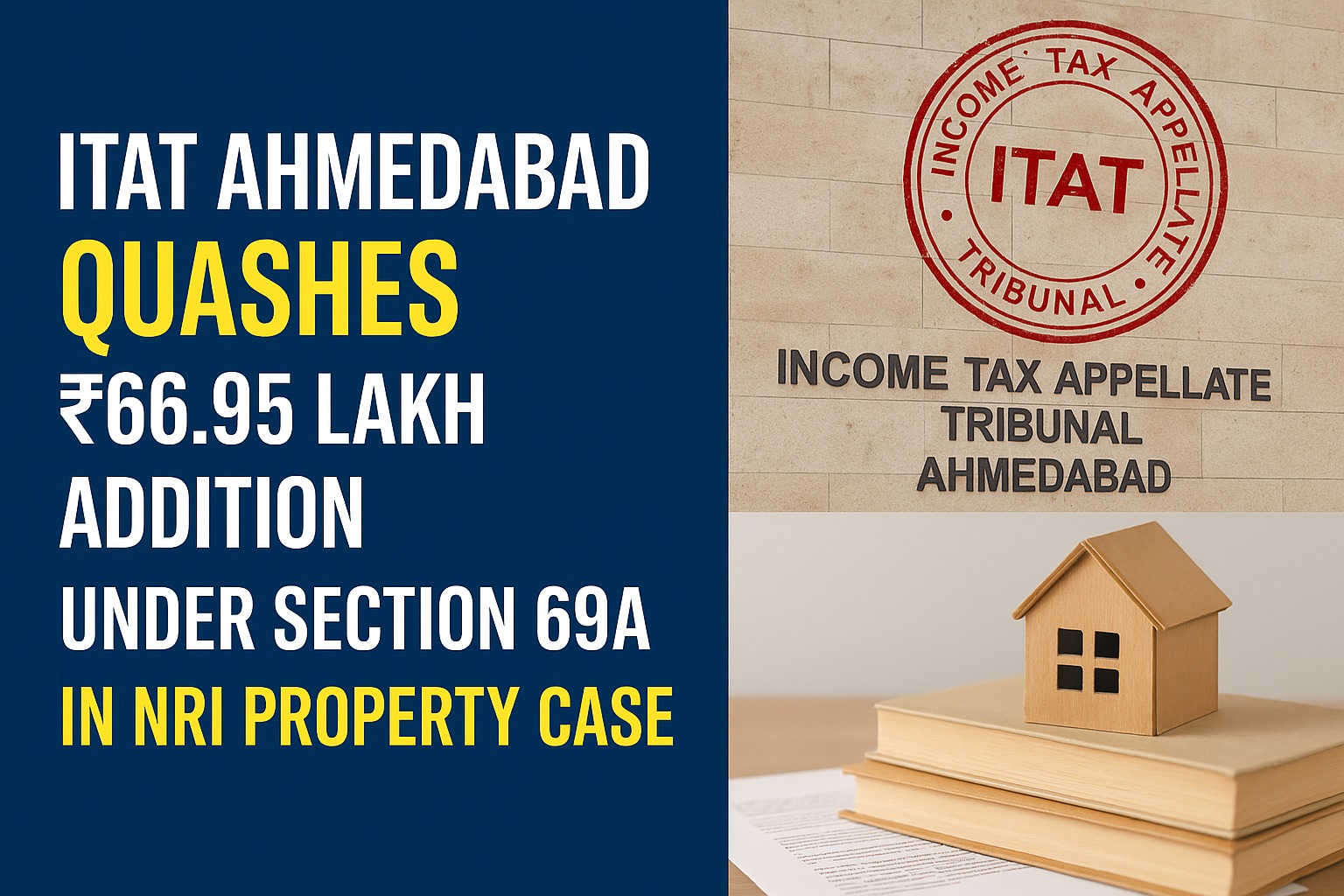 WhatsApp
WhatsApp
 Call Us
Call Us
 Email Us
Email Us
 Whatsapp Community
Whatsapp Community

In a significant development following the Budget 2024, the Indian government has proposed an amendment to the Finance Bill, offering taxpayers a choice in how they compute their long-term capital gains (LTCG) tax on real estate transactions. This amendment allows taxpayers to choose between a 12.5% tax rate without indexation or a 20% tax rate with indexation for properties acquired before July 23, 2024.
Taxpayers can now opt for a 12.5% LTCG tax rate without indexation or a 20% LTCG tax rate with indexation for properties acquired before July 23, 2024. This choice is available exclusively to resident individuals and Hindu Undivided Families (HUFs).
The amendment includes a grandfathering provision, allowing the computation of LTCG tax using both the new scheme (12.5% without indexation) and the old scheme (20% with indexation). Taxpayers will pay the lower of the two computed taxes, providing significant relief.
Non-resident individuals, companies, partnership firms, and Limited Liability Partnerships (LLPs) will not benefit from this grandfathering provision. These entities must follow the new tax rules without the option to choose.
In Budget 2024, Finance Minister Nirmala Sitharaman proposed eliminating indexation benefits for long-term capital gains on real estate. Indexation adjusts the purchase price of an investment to account for inflation, reducing the net profit and the associated tax liability. The removal of this benefit raised concerns about increased tax burdens and potential illicit financial activities in property transactions.
The real estate sector strongly opposed this proposal, warning that it could hinder the sector's growth. In response, the government introduced this amendment, offering taxpayers a choice between the 12.5% tax rate without indexation and the 20% tax rate with indexation for properties acquired before July 23, 2024. This move is seen as a compromise to balance revenue collection with the sector's growth needs.
Taxpayers can compute their tax liability using both methods and choose the lower amount, potentially reducing their tax burden.
The choice allows for more effective tax planning, enabling taxpayers to select the most beneficial option based on their individual financial situations.
The amendment provides relief to homeowners who feared a significant tax burden due to the removal of indexation benefits.
The proposed amendment to the Finance Bill, 2024, is a welcome relief for the real estate sector and taxpayers. By allowing a choice between the 12.5% LTCG tax rate without indexation and the 20% rate with indexation, the government has addressed concerns while maintaining revenue collection. This move underscores the government's commitment to balancing economic growth with fair taxation.
For more detailed insights and updates on tax regulations and financial advice, visit our website at dineshaarjav.com.
At Dinesh Aarjav & Associates, we continuously monitor changes in tax regulations and provide expert advice to help you navigate the complexities of the financial landscape. Our team is dedicated to assisting you with tailored solutions to optimize your tax planning and financial strategies. Contact us today for personalized consultations and stay informed with our latest blogs and updates.







Stay in the loop, subscribe to our newsletter and unlock a world of exclusive updates, insights, and offers delivered straight to your inbox.